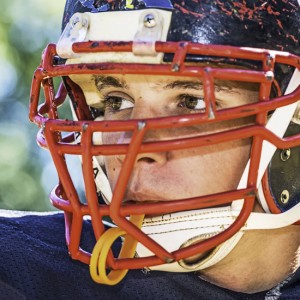
Baseline concussion testing takes place before an athlete begins playing a sport, and is used for comparison after concussions and possible concussions, to help doctors provide optimum treatment and to improve accuracy in deciding when it is safe for an injured athlete to return to play. Baseline testing is common in professional and college sports, and some high schools require it. If your child’s
school does not require or offer baseline testing you should request that they start and, in the meantime, seek it on your own.
Who Needs Baseline Testing
Children 10 and over should be tested each year before pre-season if they play a sport in which concussions are likely including:
- Football
- Lacrosse
- Cheerleading
- Hockey
- Soccer
- Gymnastics
- Basketball
- Baseball
- Wrestling
Baseline Concussion Testing
Baseline concussion testing is not used to diagnose brain injuries. It is performed before injuries occur, so you know what is normal for your child. Then, after an injury the tests are repeated and the results compared to the baseline, so medical professionals have a much better idea of how the injury is affecting your child.
The test evaluates brain function in areas including:
- Attention
- Ability to concentrate
- Verbal and visual memory
- Decision making
- Reaction time
- Short and long term memory
Current Use of Baseline Testing
Baseline concussion testing is currently used by the NFL, NHL, NBA, USA Olympic Team, NCAA, and some high schools. It has been mandatory in the IndyCar Series for years and NASCAR is requiring it in 2014. The tests are noninvasive and typically take anywhere from 15 to 45 minutes, depending on which testing company you choose.















